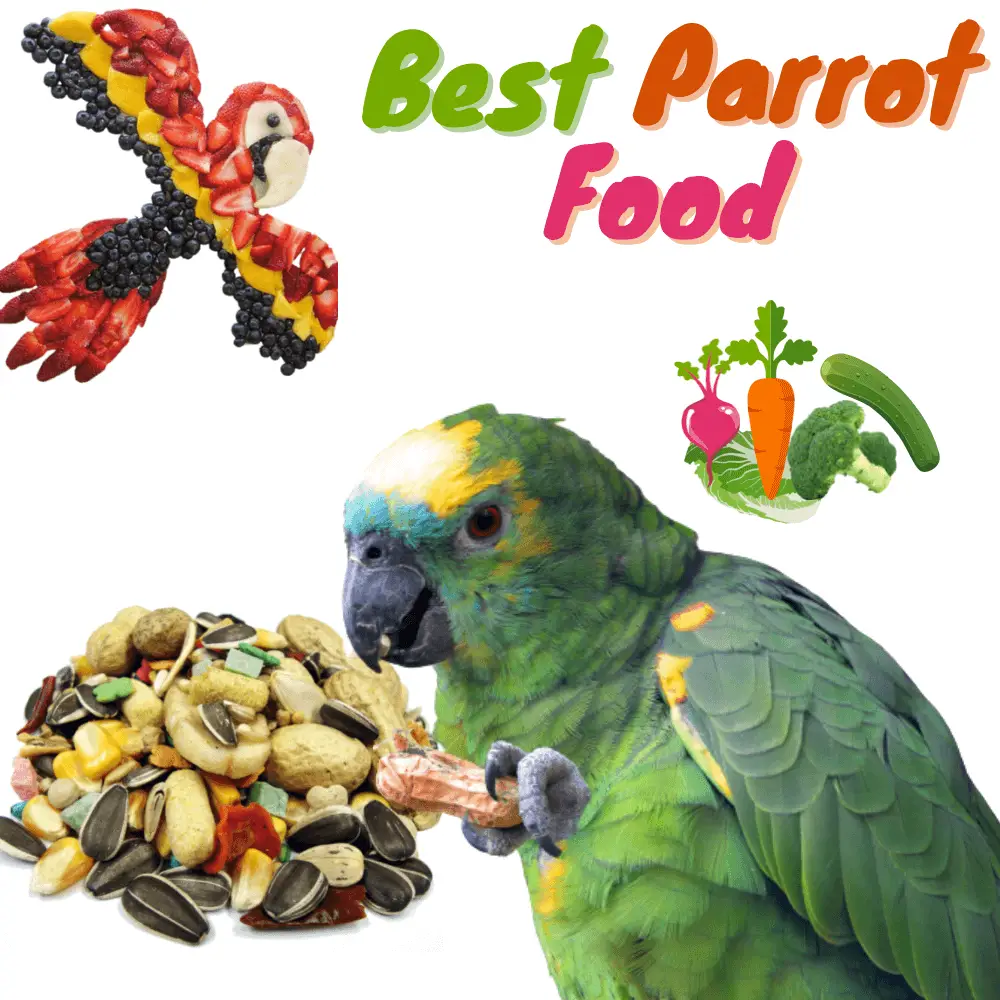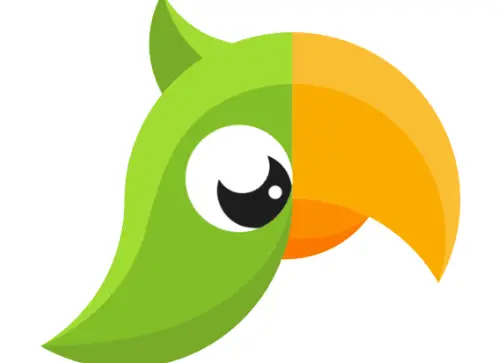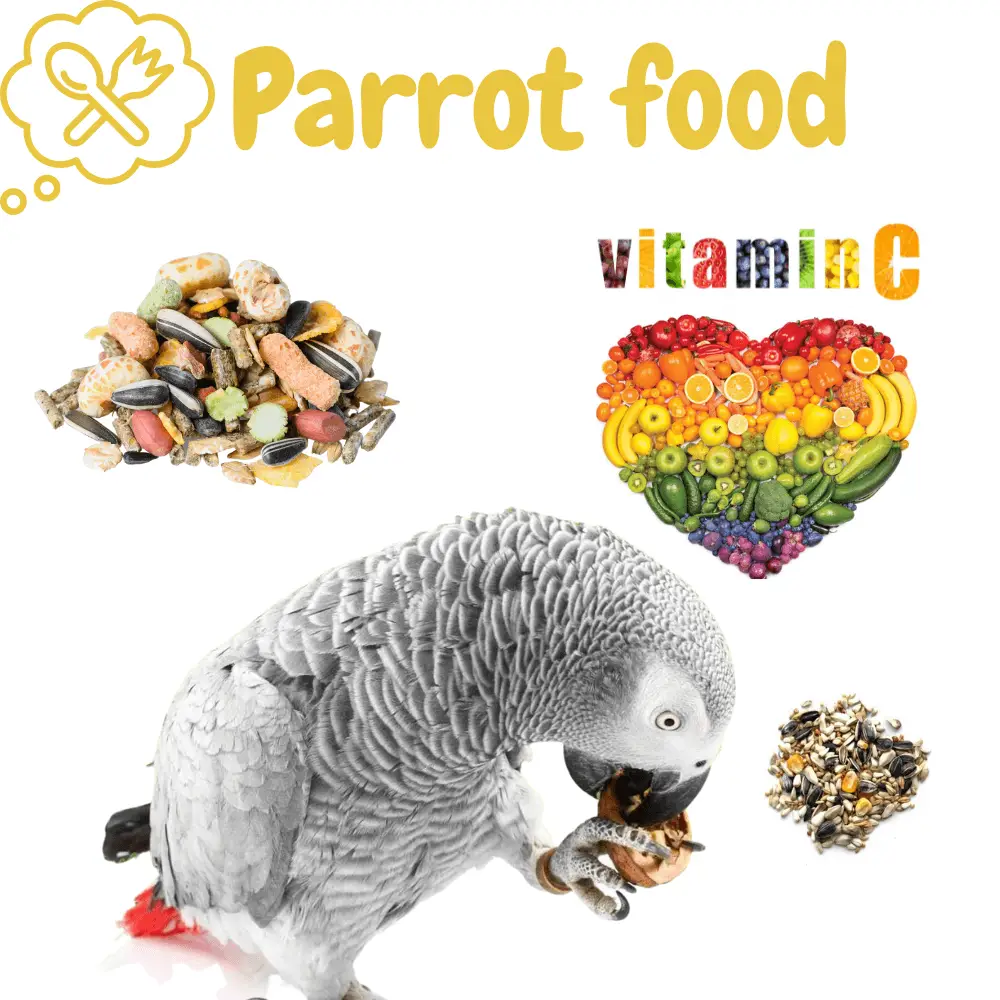Parrot food: Pet parrots require special attention, especially when it comes to feeding. Like cats, dogs, or fish, there are different species of parrots with different needs. To avoid any problems for your pet, here are some useful tips.
Best parrot food
If there are different types of diets in parrots, it is firstly because there are several kinds of beaks. An insectivorous parrot can thus be recognized by its thin beak. For them, give preference to insects and earthworms. If your parrot has a straight beak, then it belongs to the large class of seed eaters: granivores.
This is the case with the budgie, very popular with children and the vast majority of pet parrots. To guarantee their good health, opt mainly for seed mixtures, possibly supplemented with treats. Peanuts, sunflower seeds, corn, rapeseed, wheat, or even oatmeal: do not hesitate to diversify the diet. Curved-billed parrots, typically parrots, also eat fruits and vegetables. They are frugivores.
SOURCE: African Grey Parrot Pet
Parrots vitamins
Along with this main diet, vitamins are also important. They are crucial for the proper growth of your parrot. They will also help boost your immunity. Vitamins A, B, D3, and E are particularly recommended. In addition, calcium is also essential. Too often neglected, it is the cause of frequent deficiencies which manifest themselves in the form of a beak Moi, difficulty in moving, or seizures.
As in humans, it is calcium that will guarantee the solidity of the skeleton of the Pet parrots. As a bonus, it also determines the proper formation of the eggshell. Your bird will find a source of calcium in cuttlebones or even in the gravel at the bottom of its cage.
What parrots can eat

Ensuring the quality of your parrot’s food is not enough. You also have to pay attention to regularity! It is recommended to change your food every day. Of a somewhat demanding nature, the Pet parrot, like its wild cousins, likes to sort its food before eating. In other words, he will only take the seeds that attract him. If you don’t make this habit, the seeds at the bottom can mold and contaminate the bird.
At the same time, don’t forget of course to change the water too. Once again, let us insist on the need to provide a very varied diet. In nature, parrots can indeed rely on a wide variety of food. Often, he adapts his diet to the season or to the place where he is. Berries, grains, fruits, sprouted seeds: everything is available to him,
Life cycle of parrots
Your pet bird’s diet should also adapt to its life cycle. At several times in its life, your parrot experiences physiological changes that tire it and increase its vitamin or calcium needs. It can be the time of reproduction, growth, or molt. Generally, the parrots renew their plumage at the end of winter and at the end of summer. Stay vigilant!
Obese parrot
Finally, do not fall into excess for the sake of doing too well. Too much food is just as bad for your pet bird! The first risk of a diet that is too high in fat is obesity. Especially since in his small cage, he does not always have the space necessary for his exercise.
Other pathologies include hepatitis and bone fractures. Instead of rape, hemp, or poppy, which are all so-called fatty seeds, offer your pet millet, canary seed, or oatmeal. Once a week you can also observe a diet day.
All of these tips are aimed at making your parrot healthier and therefore happier. When you go on vacation, entrust your pet to a close friend or someone you trust who will be attentive!

